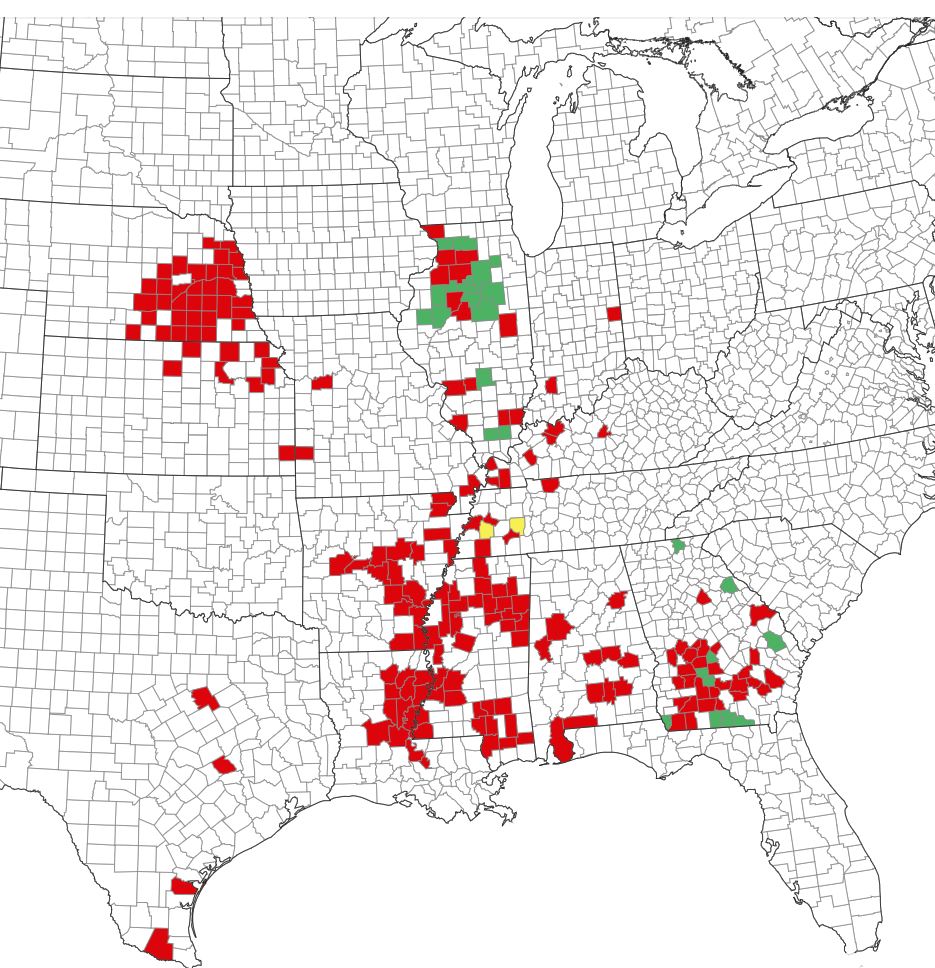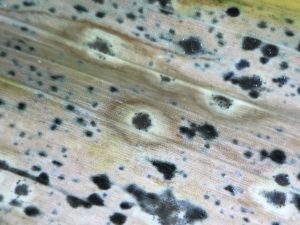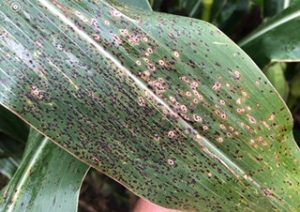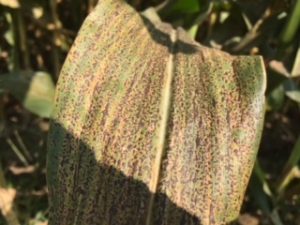Over the last two weeks our reports of southern rust have increased from a single find in the northern part of the state, to multiple detections across areas of the state, particularly in the northwest and southern areas. Weather has been conducive for development, and hence the reason that the disease is becoming more noticeable. In the south most corn is past R3, but late planted fields should be carefully monitored. In the northern part of the state many fields are just hitting the R2/3 window. Again, scout your fields to determine if the disease is present. Do not assume any pustule you find is southern rust. Common rust may also be present and this is not of concern. I wrote an article on southern rust last season, which I have updated, which discusses this pathogen, identification, management, and provides a link to a fungicide decision calculator. Click here for access to that article. tThe Crop Protection Network also has a more general article here. Suspect samples should be sent to the UIUC Plant diagnostic clinic for confirmation. Twitter @ILplantdoc with images of suspected detections or email me directly.
Below is the current known incidence of Southern rust. Real time incidence maps can be accessed by clicking here. Keep in mind that this does not indicate severity and should be used as a tool to inform you of where the disease is, and to ensure that you are keeping an eye on your fields. Cooler weather in the forecast should slow this one down a bit, but that doesn’t mean you shouldn’t be scouting for it. Make sure to check your hybrids to determine relative southern rust resistance rating.




